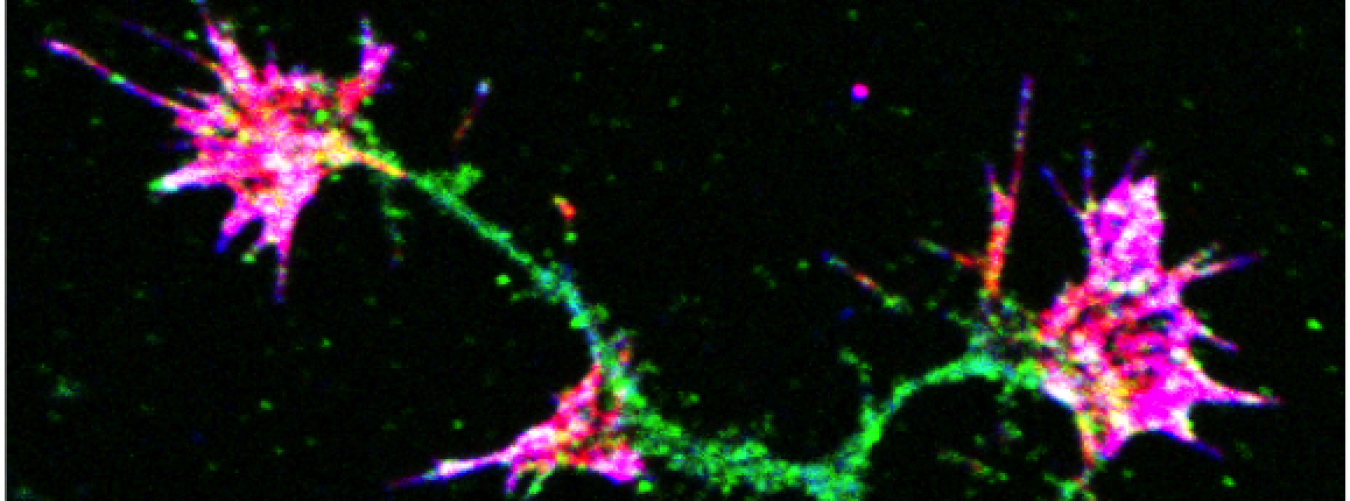Thursday 24th May 2018,
Biological Sciences PhD student Katie Askew, has won the prestigious ‘best-of the best’ research prize for her work on microglia. The prize is part of the Festival of Doctoral Research at the University of Southampton, to highlight the contribution of our PhD students to research and celebrate the impact on the University and on the outside world. Katie won the FNES faculty Research Award and the overall University Best-of-the-Best’ award for her Cell Reports paper published earlier this year. Click here for a link to the paper.


Curious why the research is important? Diego Gomez Nicola explains:
Microglia are the main immune cells of the brain having key roles in normal brain function and disease. Although these cells were thought to be a rather long-lived group of cells, Katie’s research described in the Cell reports paper defined that they self-renew constantly throughout a lifetime, giving rise to new microglia to replace dead ones. These findings are key for understanding the basic clockwork of these cells, and therefore their contribution to brain’s health and disease. This study lays new foundations for the field of neuroscience and has generated intense debate at meetings so far, with its follow-up implications being actively pursued in several labs. To date, it has been cited 57 times since publication in Jan 2017, evidencing the significant impact in the field. It is the most highly cited paper in Cell Reports since publication, and in Web of Knowledge, as of November/December 2017, it had received enough citations to place it in the top 1% of 2017 papers in Molecular Biology & Genetics. Katie Askew is the first author of this paper, certifying her significant contribution to the completion of the research. Katie’s productivity goes beyond this article, having contributed to a number of publications from the DGN group, including 2 review articles (Askew and Gomez-Nicola 2017. Lopez-Atalaya et al., 2017) and a high impact paper focussing on Alzheimer’s disease (Olmos-Alonso et al., 2016) as well as new funding for the DGN group . Overall, I believe the impact of this publication has been significant for the progression of her career, the DGN lab and overall the academic unit as this output will likely rank as 4* in the next REF cycle

